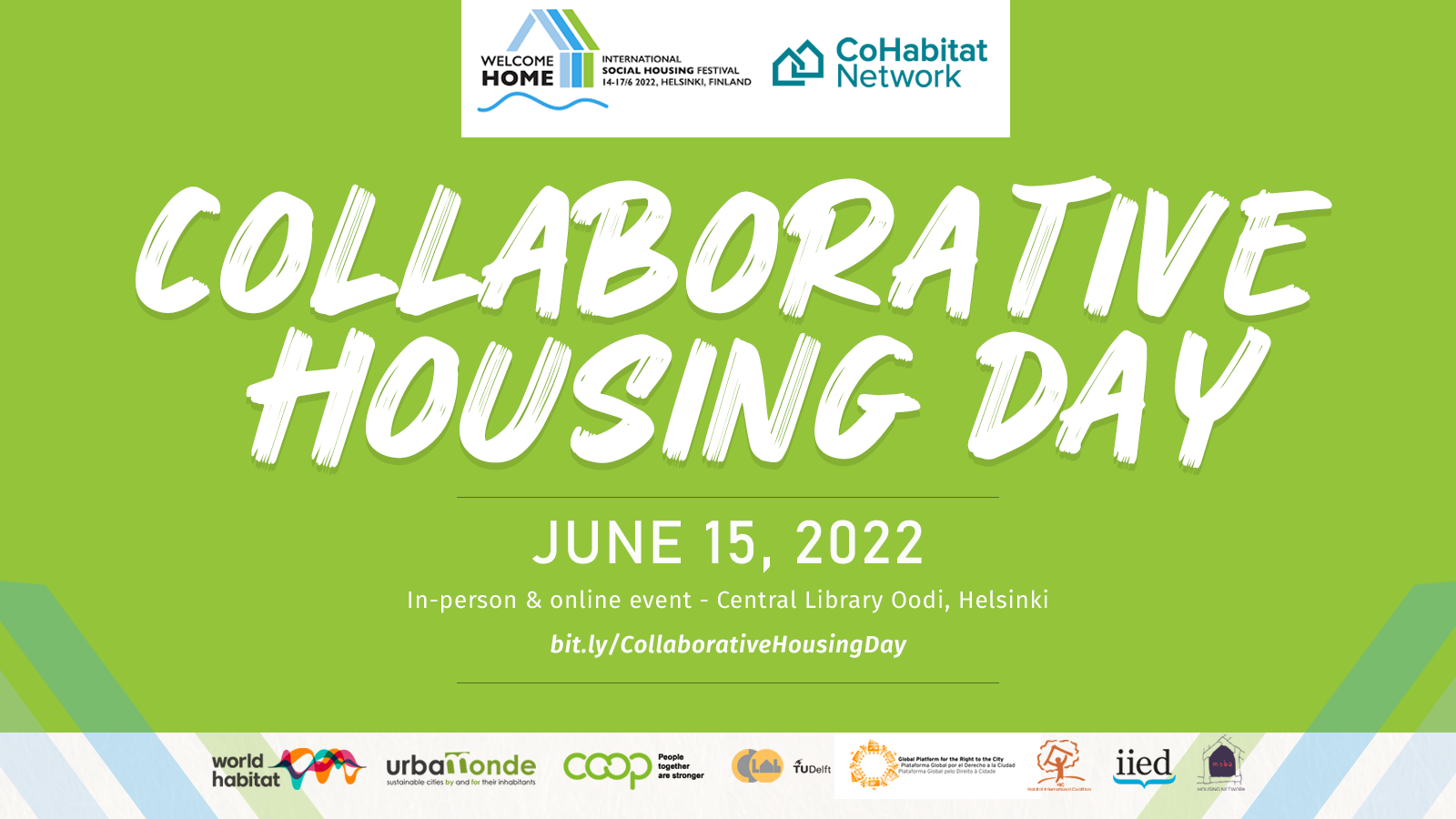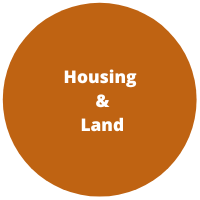1. Identification
Project proponent: Inter-African Collective of Residents and the rural municipality of Ebebda.
2. Background
Social, Political and Institutional Context: All of Cameroon is involved in a comprehensive decentralization effort. This process is unfolding in a context where the actors involved show deficient understanding, acceptance, and competence in the principles and mechanisms relevant to decentralized management and good governance. In addition, the administrative and political situation is extremely precarious. Corruption and administrative disarray are prevalent current problems, so much so that the NGO, Transparency International, has ranked Cameroon as the most corrupt country in the world. To confront this problem, CIAH has initiated this partnership with Ebebda, a recently established administrative unit of the central province.
Project Proponent: The objective of CIAH is to link the residents of popular neighbourhoods with the goal of promoting citizen action and of building an identifiable partnership in conjunction with customary chiefs and networks of mayors and technicians in Africa. The CIAH is comprised of youth, men and women from diverse social backgrounds interested in questions related to urban development and local democracy. Their project: the exchange of experiences as a way of pulling together participants/actors and reconciling initiatives. The CIAH currently unites residents in Cameroon, Senegal, Ivory Coast, Togo, Benin, Mauritius, Mali, Niger, and Burkina Faso.
The areas of interest and intervention of the CIAH include: education, decentralization, governance, integration, urban environment, integrated territorial management, the promotion of local democracy, peace building, information exchange, inter-cultural dialogue, crime prevention, information dissemination, the valuing of indigenous knowledge, north-south and south-south cooperation, the fight against poverty, the promotion of womens issues, and finally, citizenship.
Based on this, the CIAH, in collaboration with other resident networks, adopted an African Partnership Charter between elected local representatives and residents at the Africities 2000 Summit, which establishes the main directions for action and the guiding principles to observe in the participatory building of local African communities.
Start-up date: May 2003.
Different phases of the process:
1. Participatory assessment;
2. Feasibility studies;
3. Activities.
Current situation: Feasibility studies and partnership building.
3. Objectives
The objective of the partnership between HIC and the CIAH is to promote the social production of habitat within a sustainable development framework and with the participation of local people.
Specific objectives: To bring about the mobilization and participation of local people through associations and local action committees in the process of sustainable community development.
- Contribute to improved quality of life;
- Promote environmental protection through basic education;
- Foster exchange of experiences between the rural municipality of Ebebda and other municipalities in Cameroon, Africa, and elsewhere, through inter-community sharing, partnerships, twinning arrangements, especially pertaining to the social production of habitat;
- Promote the initiation of the production of essential equipment;
- Promote jobs through small workshops.
Site Selection Criteria and Level of Local Participation: This city was chosen because of its geography. It is well positioned to establish a new administrative model. Its proximity to the capital and its dynamic and multi-cultural population are also additional assets. It is fortunate that this city has been chosen because it has never been the site of a similar project. In contrast, this city has been long ignored by NGOs. Therefore, it represents a new arena for action for the civil society actors that constitute the CIAH.
Targeted or affected areas:
Urban;
Peri-urban;
Rural.
Innovative aspects:
Participatory urban governance (municipality, state, NGO, youth associations, local action committees, local elites) ;
Creation of income-generating activities.
4. Participants and their Roles
Participants/Actors Roles
Social organizations (local action committees, youth associations, high school clubs, development committees, legal associations) – participate in local project committees-assist with labour
NGO (DABAC, AINAFF, etc.) – diverse research- technical and logistical support- financial support
Local government (Town Halls) – technical and logistical support- financial support – administrative support
Universities (Association Phnix-Universit Aix-Marseilles, Institut de la Montagne de Chambry, etc.) – diverse research- technical and logistical support- financial support
International cooperation – technical and logistical support- institutional support
5. Programme
Areas of intervention:
1. Habitat (infrastructure and services, equipment, public places).
2. Social and cultural aspects (social participation, participant involvement, role of women, consideration of cultural dimensions and practices).
3. Impacts and ecological sustainability (creation of income-generating and savings activities linked to sustainable resource management):
a. Waste recycling ;
b. Urban agriculture ;
c. Urban forestry ;
d. Village-level hydraulics.
4. Contribution to urban development:
a. Urban management and organization;
b. Improvement of peri-urban zones;
c. Environmental protection;
d. Improvement of air quality.
6. Impact and Lessons Learned to Date
1. Expectations:
a. Participatory governance in local development;
b. Increase in revenues;
c. Improved quality of life;
d. Sustainable resource management;
e. Substantial competence in managing participatory processes.
2. Actual results:
a. New local, dynamic approach to development based on partnership;
b. Emergence of a consciousness of collaboration among youth.
7. Keywords
Cameroon, Ebebda, participatory governance, habitat, self-production, sustainable resource management.
8. Sources
Reports:
Summary notes, meetings with Mayor of Ebebda (2003);
Summary notes, CIAH visits to Town Hall of Ebebda (2003);
Meetings with the Secretary General of the Town; the Chief Medical Officer of Health, District of Ebebda; and Headmaster of Secondary School of Ebebda (2003).
Articles:
Resident letters, March 2003.
9. Contacts
CIAH Cameroun – Joseph Fumtim et Franois Awounkeu
Avenue de Mvoly, Immeuble B & K
BP 30332 Yaound-Cameroun
Tel: 00237 998 04 88 / 981 80 31
E-mail: montagnart2003@yahoo.fr ou jfumtim@yahoo.com
Mairie DEbebda – Noah Maximin (Maire dEbebda)
Tel: 00237 966 88 58


